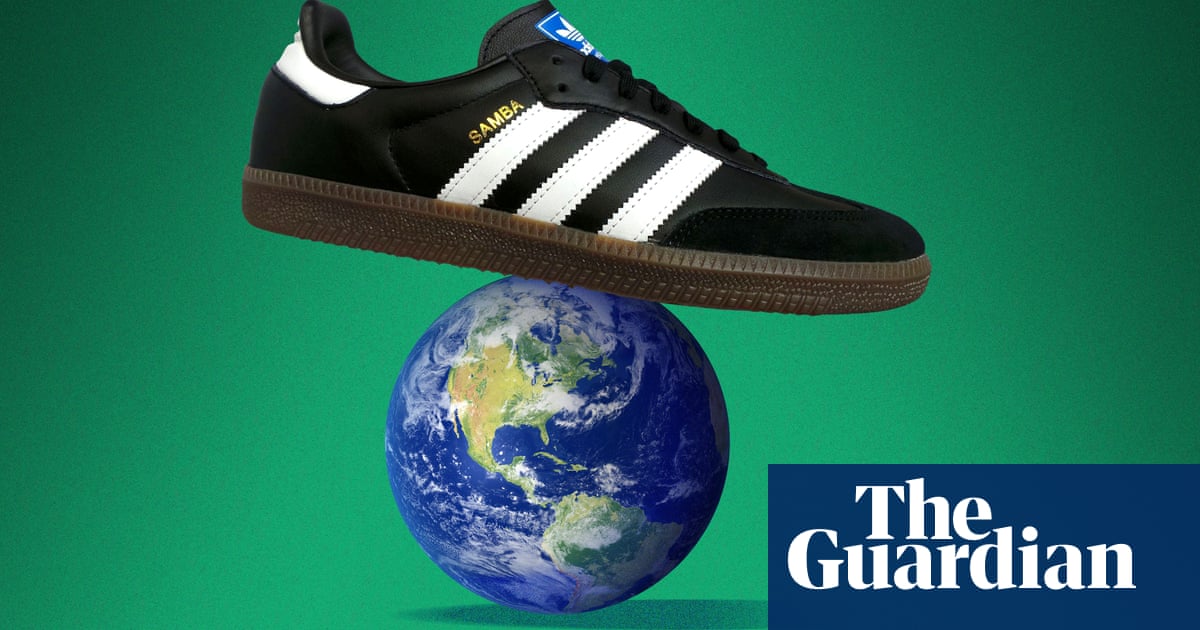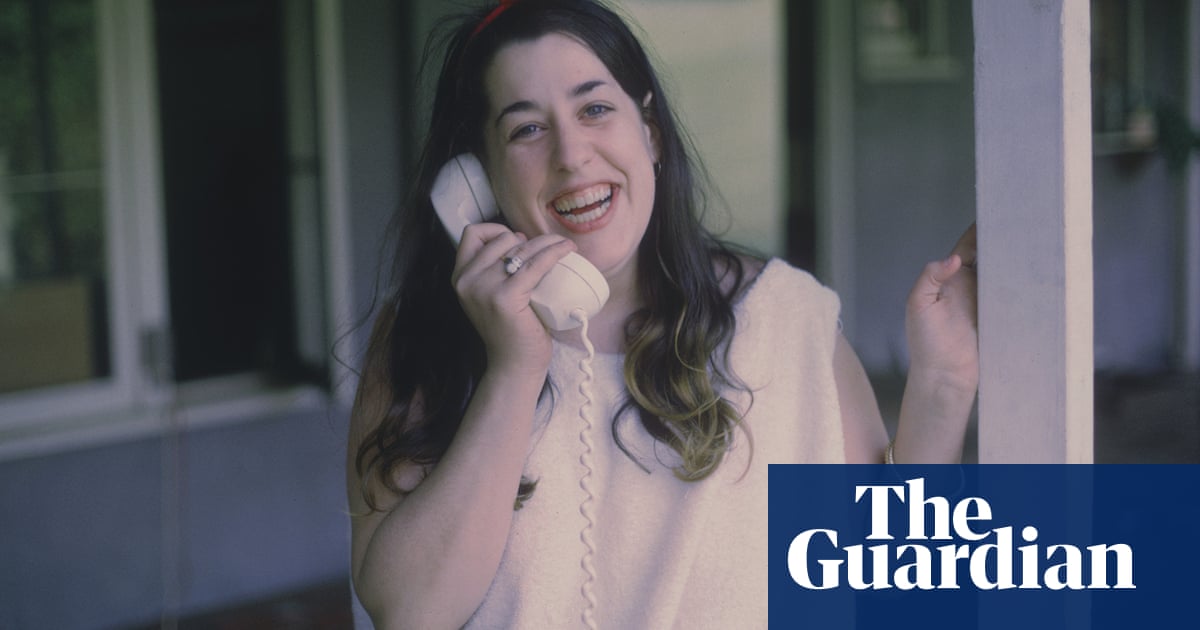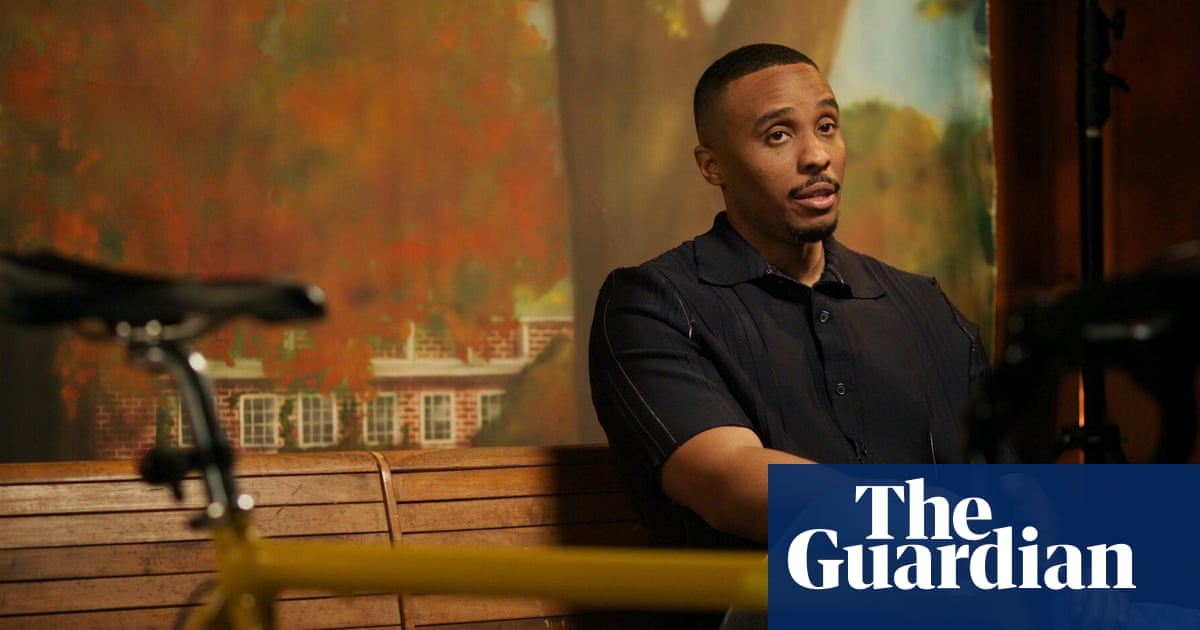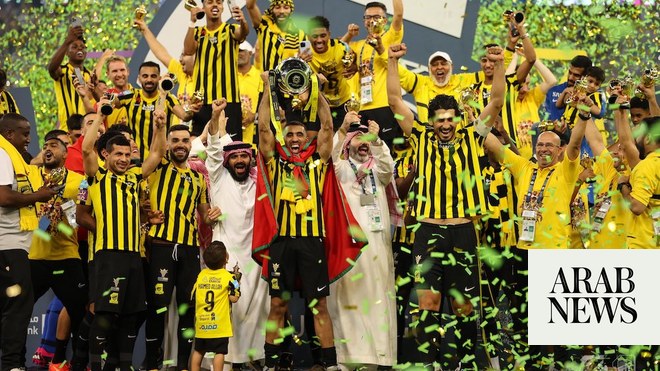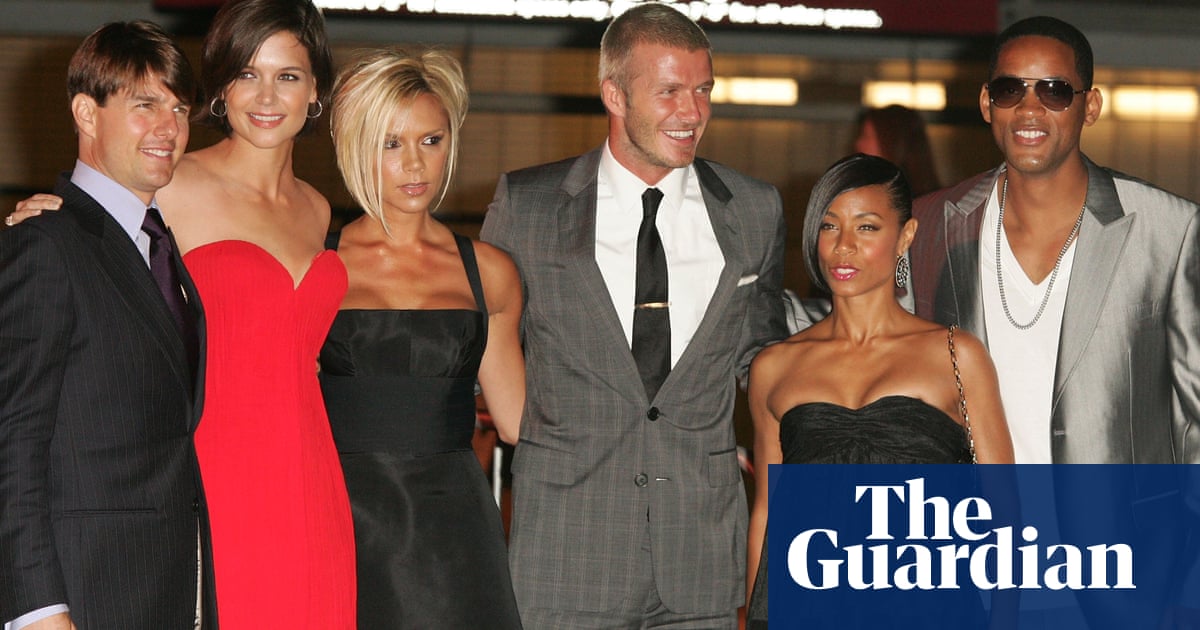
In the midst of his prime, still the world’s most recognizable athlete and on course to be a free agent in six months’ time, David Beckham had the football world at his feet on 11 January 2007. That’s why the news that broke that day – that the former Manchester United superstar was to leave Real Madrid at the end of the current La Liga season to join LA Galaxy in MLS – was so stunning.
“I’m coming there not to be a superstar,” the 31-year-old said in a press conference to formally announce the move the following day. “I’m coming there to be part of the team, to work hard and to hopefully win things.
“With me, it’s about football. I’m coming there to make a difference. I’m coming there to play football.”
Beckham’s sentiment was difficult to accept. If his decision was driven by competition, by a desire to further stock a trophy cabinet replete with the game’s most desired prizes, why move to a league barely a decade old, where the level of play paled in comparison to what he’d been used to in England, Spain and the Champions League? The agenda was clear: Beckham was very much moving to LA to be a superstar, with the aim of boosting the league’s global reputation while growing his own celebrity.
Before he even arrived in LA, Beckham’s signing helped the Galaxy secure a landmark $20m sponsorship deal with nutrition company Herbalife, shift 11,000 new season tickets and sell out every luxury box at their stadium for the upcoming season. Instantly, there was a brighter-than-ever spotlight on the Galaxy and MLS. More than 5,000 fans and 700 journalists turned up to his official presentation and the club claimed to have already sold over 250,000 Beckham jerseys.
“We’d typically have five to 10 people from the press at training,” remembers Kyle Martino, the former Galaxy midfielder. “On his first day, the press were lined all the way down one side of the field and there were helicopters flying overhead. It was clear we were in a circus from day one. The first event we had, Will Smith and Tom Cruise threw a party. It was like Madame Tussauds in real life.”
“For players that had never experienced that level of attention before, it was probably a hard adjustment,” says former Galaxy and USMNT star Cobi Jones. “They were a bit wide-eyed. But when you’ve played in World Cups, when it’s like that all the time, and you travel overseas with the national team, there is that attention. For those that didn’t have that type of experience, to be thrown into a situation where you go from staying in not the best hotels and bussing everywhere to suddenly staying in the nicest hotels and flying first class, and games that might have had 5,000 fans in Columbus are suddenly sold out, that’s a big difference.”
But when the flashbulbs faded and the squad returned to the daily grind of the MLS season, which was already underway by the time Beckham officially became a Galaxy player that July, the players found a quiet, humble and likable teammate.
“He wasn’t a very vocal guy in the locker room, but he mixed with the guys really well,” says Martino, who is co-founder of Football Cafe in New York City. “He joked with the guys around training. There was a time he duct-taped my locker shut to pull a prank on me. And one time, knowing the last thing he did every day before training was slip into his sliders, I crazy-glued them to the ground. I had to leave because I was laughing too hard. He stepped into them and just fell over.
“I enjoyed spending time with him outside of the world of football. He’s a great pool player. He loves to just relax in a nondescript bar, drinking a not-so-great beer. The problem is social media and phones were around at this point. I remember we were in Salt Lake. We were shooting pool in a bar that had maybe five people in it. We were having a great time. In those moments, he just becomes an ordinary, very enjoyable person. But before you know it, there’s 80 people in the bar and we have to leave. I remember feeling sorry that he couldn’t engage in normal life like we all could.”
Mike Randolph, a second-year pro with the Galaxy when Beckham joined, was struck by the Englishman’s normality. “He was just a regular dude,” says Randolph. “He went out of his way to do things for the team. He found out everybody’s cell phone providers and he got everybody cell phones. He took us out to team dinners. I’d never been to Fogo de Chão and he sprung for that.”
In addition to his amiability, Beckham’s work ethic in training and his trademark passing, crossing and free-kick technique further endeared the former England captain to his new teammates.
“You’re thinking, ‘Alright, what’s the big deal?’” Martino says. “It’s clear very quickly when he strikes a ball. The first free kick he scored for the Galaxy, I was the decoy man. I was probably the worst decoy ever. It was almost as if I was a kid who’d won a lottery, to be able to stand front row and watch him take it. I remember marvelling at the angle he was able to take with his plant foot. I tried to recreate it and I couldn’t come close without slipping. To be in you late 20s and have someone kick a ball in a way you’ve never seen before was pretty rare.
“I felt immediately what an incredible pro he still was and what dedication he showed to the craft. He stayed after training to hit a hundred free kicks. If anyone could just head inside and call it a day after training, it was probably him.”
Randolph agrees. “I remember one time he hit a cross and, instead of curling it in, it spun the opposite way, curling into the keeper rather than away from him,” says Randolph. “It was a no-brainer for [Galaxy forward] Alan Gordon to tuck it away. I asked [Beckham] how he did it and he was like, ‘Did what?’ He didn’t know what I was talking about because he did it so often and so easily.”
Although his teammates could see Beckham’s quality, the American public found it less obvious. Beckham arrived stateside carrying an ankle injury sustained on the last day of the Spanish season, helping Real Madrid win La Liga. Despite the injury, he made his debut on 21 July, coming off the bench to play the final 12 minutes of a 1-0 loss to Chelsea in an exhibition game. Broadcast live on ESPN, the average viewership of 947,000 was seen as a disappointment. The Galaxy went on to endure a miserable season that saw them finish 10th overall and miss the playoffs. Beckham’s impact was widely questioned.
“If you’re not an avid soccer fan, it’s tough to watch what he does without knowing what his job is,” Randolph says. “It’s like expecting Stephen Curry to dunk every ball and take over games like LeBron. They don’t play the same role. He got a lot of flak for not scoring enough and not having a big impact, but he stretched the game amazingly. He played center-mid instead of wing and, because of his high IQ, he saw the game a lot faster than most of the guys. So he was expecting people to make runs when they didn’t make them; he was putting balls where they should be, but people weren’t getting on the end of them.”
Beckham’s first full season in MLS included unmistakable flashes of his genius – not least a 60-yard strike against Kansas City – but it again ended in disappointment for the Galaxy, who missed the playoffs. Beckham’s decision to join Milan on loan during the off-season, and then to extend his Serie A stay to miss the beginning of the 2009 MLS campaign, was seen by many fans and even some of his teammates as an act of disrespect.
“We had a lot of experienced guys who’d played in Europe and with the US national team – Tony Sanneh, Greg Berhalter, Eddie Lewis, Landon Donovan,” says AJ DeLaGarza, a center-back drafted by the Galaxy in 2009. “I think it rubbed some of them the wrong way. Landon and David’s relationship turned a little bit then.”
Donovan, the team’s long-time star, was chief among that disgruntled group. Tension between the midfielder and Beckham pre-dated the Englishman’s loan move back to Europe. But it only grew after Donovan criticised Beckham publicly for missing the start of the season to remain in Milan.
“It was really clear,” Martino remembers of the discord between Beckham and Donovan. “I can see both sides of it. Landon was the captain of the team. The way he was treated and marginalized when David first got there – and it wasn’t David’s fault – it would have pissed me off. I think it did upset some of us and it did upset the chemistry of the locker room.”
“Maybe Landon didn’t appreciate some things David did and vice versa,” says DeLaGarza. “I remember Bruce Arena, our manager, pulling them into his office a few times. I don’t know what was said in those meetings, but I think it made our team better and made those two come to an understanding of each other.”
Upon his return, some fans inside Home Depot Center voiced their displeasure through homemade banners – “Go Home Fraud” read one; “Hey Becks, Here Before You, Here after You, Here Despite You” said another; and “Is evil something u are – or something u do?” Beckham was accepted back into the fold more quickly by his teammates, though, and he helped the Galaxy rise from third to first in the Western Conference, their best finish of his time there up to that point, before losing to Real Salt Lake on penalties in the MLS Cup final.
“When David showed up, out team took a turn for the better,” DeLaGarza says. “It’s David Beckham. Just like with Messi or any big-name player, these guys fit right in. Even though the fans didn’t appreciate him, us players knew he could help us get to where we wanted to go.”
That was the first of three successive seasons in which the Galaxy finished top of the Western Conference. They won the Supporters’ Shield in 2010 and 2011, before winning the MLS Cup in 2011 and again in 2012, in what would be Beckham’s final MLS season.
“I’m not saying me coming over to the States is going to make soccer the biggest sport in America. That would be difficult to achieve,” Beckham said at that first press conference to confirm his move to the Galaxy back in 2007. “Baseball, basketball, American football, they’ve been around. But I wouldn’t be doing this if I didn’t think I could make a difference.”
Despite a tumultuous start, Beckham eventually helped deliver silverware for the Galaxy. But beyond his on-field success, the legacy of his time in US soccer resides in the advancements he helped usher in. Without the Designated Player rule, which allows clubs to spend above the salary cap to sign star players and was created especially for Beckham, the likes of Zlatan Ibrahimovic and Lionel Messi would not have followed in his path. What’s more, the contract he agreed with MLS in 2007 included a clause allowing him to purchase the rights to a future expansion franchise for $25m, paving the way for his eventual co-ownership of Inter Miami, the league’s latest home for spotlight-drawing superstars.
“It succeeded in various ways,” Jones says of Beckham’s time in MLS. “It accomplished a lot of things, especially on the players’ side.
“There are a lot of comparisons to Messi on this, but when you look at it, I would say the Beckham years are probably more impactful because MLS’ reputation overseas wasn’t the highest level back then. For Beckham to take a chance to come here, it opened the door a little bit more to say, ‘Hey, if he can do it, can others do it?’ If Beckham didn’t come, where would we be now? Would Messi have come all these years later? You could argue maybe not.”




